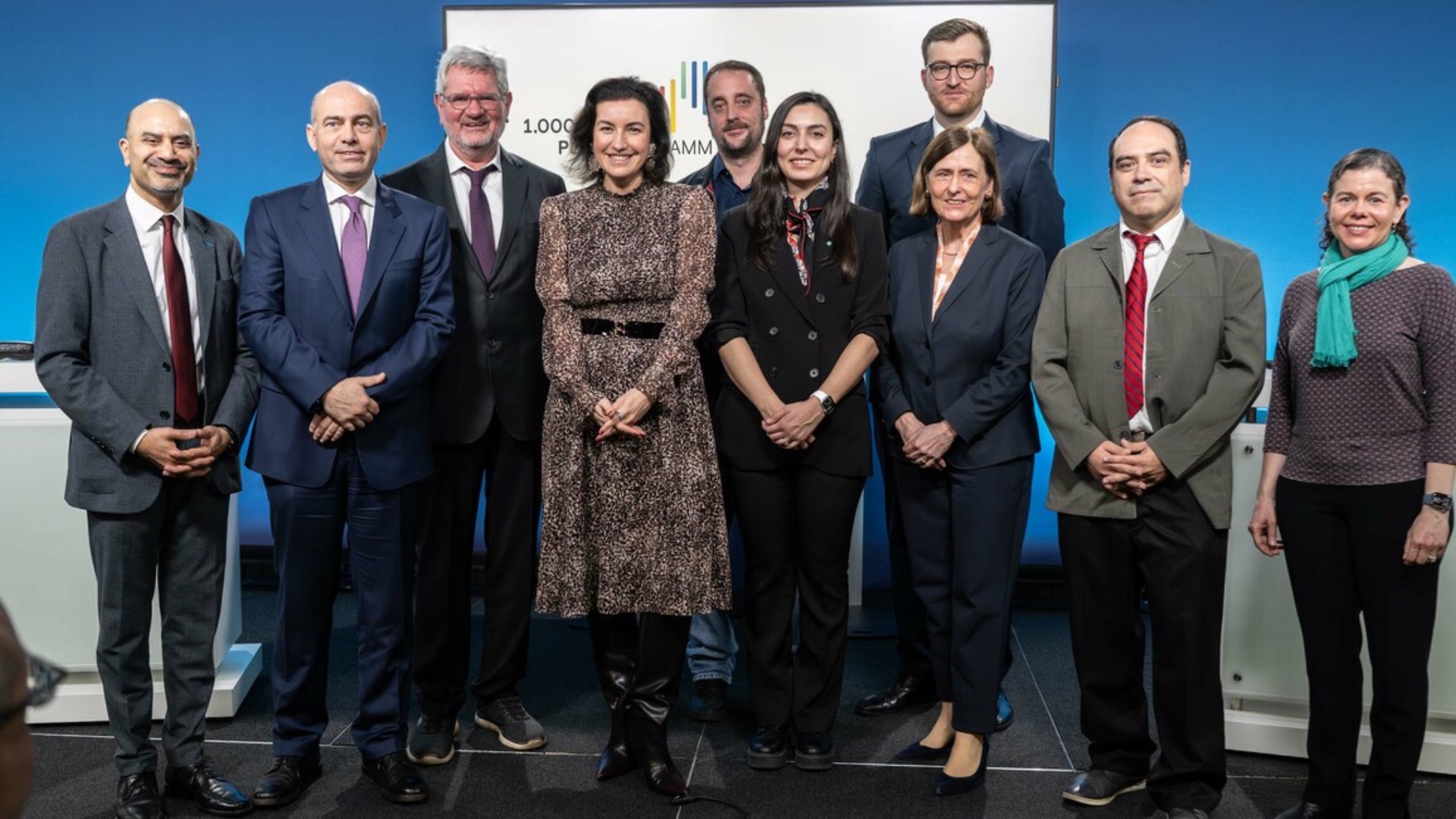Germany is increasingly relying on skilled migrants to fill labor shortages, reflected by a sharp rise in recognition of foreign professional qualifications. In 2024, authorities approved 79,100 applications—a 21% increase compared to the previous year, according to the Federal Statistical Office.
Since official data collection began in 2016, the number of recognized foreign qualifications has more than tripled. The total ongoing recognition procedures also hit a record 95,500, more than double the figure from 2016.
Top Countries and Sectors
Turkey and Ukraine saw the strongest growth, with 9,200 and 6,600 recognized qualifications respectively—a 40% increase for Turkey and a doubling for Ukraine compared to 2023. Other countries with high numbers included Tunisia, India, and Syria. Decreases were noted for Bosnia and Herzegovina and the Philippines.
Healthcare Leads Recognition Counts
Women accounted for 59% of recognized qualifications. The majority were in healthcare professions, particularly nursing, which alone accounted for 32,500 recognitions (up 19%). Doctors followed with 11,000 recognized qualifications. Other fields with significant numbers included engineering (4,400), teaching (2,800), and physiotherapy (2,200).
Economic and Demographic Context
Experts emphasize Germany’s increasing dependence on migrant labor, especially as nearly a third of the workforce is expected to retire within 15 years. Without reforms, rising tax burdens may affect the country’s competitiveness and ability to attract skilled workers.
This positive trend in qualification recognition underscores the vital role migrants play in Germany’s labor market and highlights ongoing efforts to streamline processes for skilled professionals. tagesschau.de














